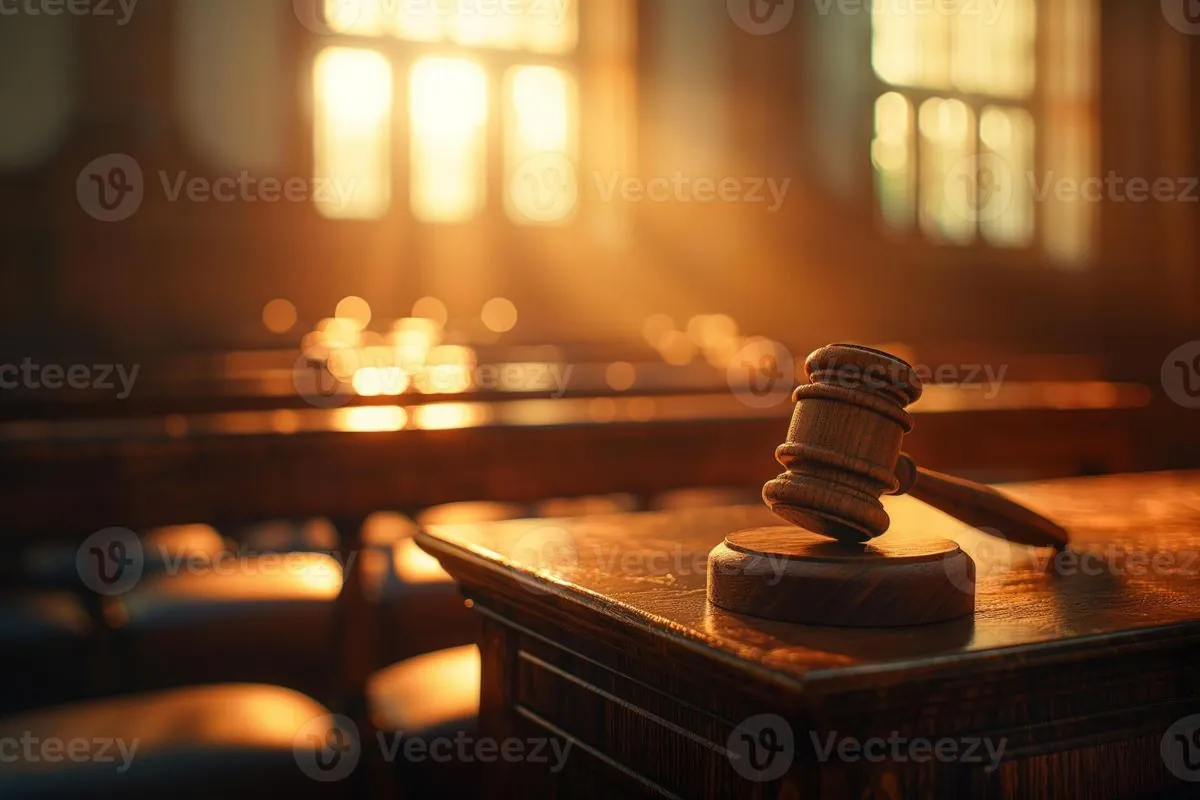A federal judge has temporarily halted the implementation of California's groundbreaking law on election deepfakes, citing potential First Amendment violations. The legislation, which allowed individuals to sue for damages over deceptive AI-generated content in political campaigns, was part of a broader effort to regulate artificial intelligence in political advertising ahead of the 2024 U.S. presidential election.
U.S. District Judge John A. Mendez granted a preliminary injunction on October 2, 2024, effectively pausing the law that had been signed by Governor Gavin Newsom just weeks earlier. In his ruling, Judge Mendez acknowledged the significant risks posed by AI and deepfakes but expressed concern that the law was overly broad in its approach.
"Most of AB 2839 acts as a hammer instead of a scalpel, serving as a blunt tool that hinders humorous expression and unconstitutionally stifles the free and unfettered exchange of ideas which is so vital to American democratic debate."
The judge's decision highlights the complex balance between addressing emerging technological threats and preserving constitutional rights. California, often at the forefront of digital privacy and technology regulation, has been grappling with the rapid advancements in AI, particularly in the realm of synthetic media creation.
The blocked law was part of a package of bills signed by Governor Newsom, aimed at creating some of the nation's toughest regulations on AI-generated content in political advertising. These measures reflect growing concerns about the potential misuse of deepfakes, a term coined in 2017 to describe highly realistic manipulated media.
In response to the ruling, Izzy Gardon, a spokesperson for Governor Newsom, expressed confidence that the courts would ultimately uphold the state's ability to regulate dangerous and misleading deepfakes. Gardon emphasized that the law was designed to protect democracy while preserving free speech, including satire.
However, First Amendment experts had previously urged Governor Newsom to veto the measure, arguing that it overstepped constitutional boundaries. David Loy, legal director of the First Amendment Coalition, pointed out that existing defamation laws already provide a framework for addressing false and harmful speech within constitutional limits.
The case that led to the injunction was brought by YouTuber Christopher Kohls, whose lawyer, Theodore Frank, welcomed the court's decision. Frank stated that the ruling affirmed that new technologies do not alter the fundamental principles of First Amendment protections.
This legal battle underscores the ongoing tension between technological innovation and societal safeguards. As AI continues to advance, with significant improvements in natural language processing and image generation, lawmakers and courts face the challenge of adapting legal frameworks to address novel issues while upholding constitutional rights.
The debate over regulating AI and deepfakes in political advertising is likely to intensify as the 2024 U.S. presidential election approaches. With California's population of over 39 million residents, the outcome of this legal challenge could have far-reaching implications for how other states and potentially federal legislation approach the regulation of AI-generated content in political discourse.
As the case progresses, it will be closely watched by legal experts, technology companies, and policymakers alike. The final resolution may set important precedents for how the U.S. legal system, rooted in common law traditions, adapts to the rapidly evolving landscape of artificial intelligence and its impact on democratic processes.
